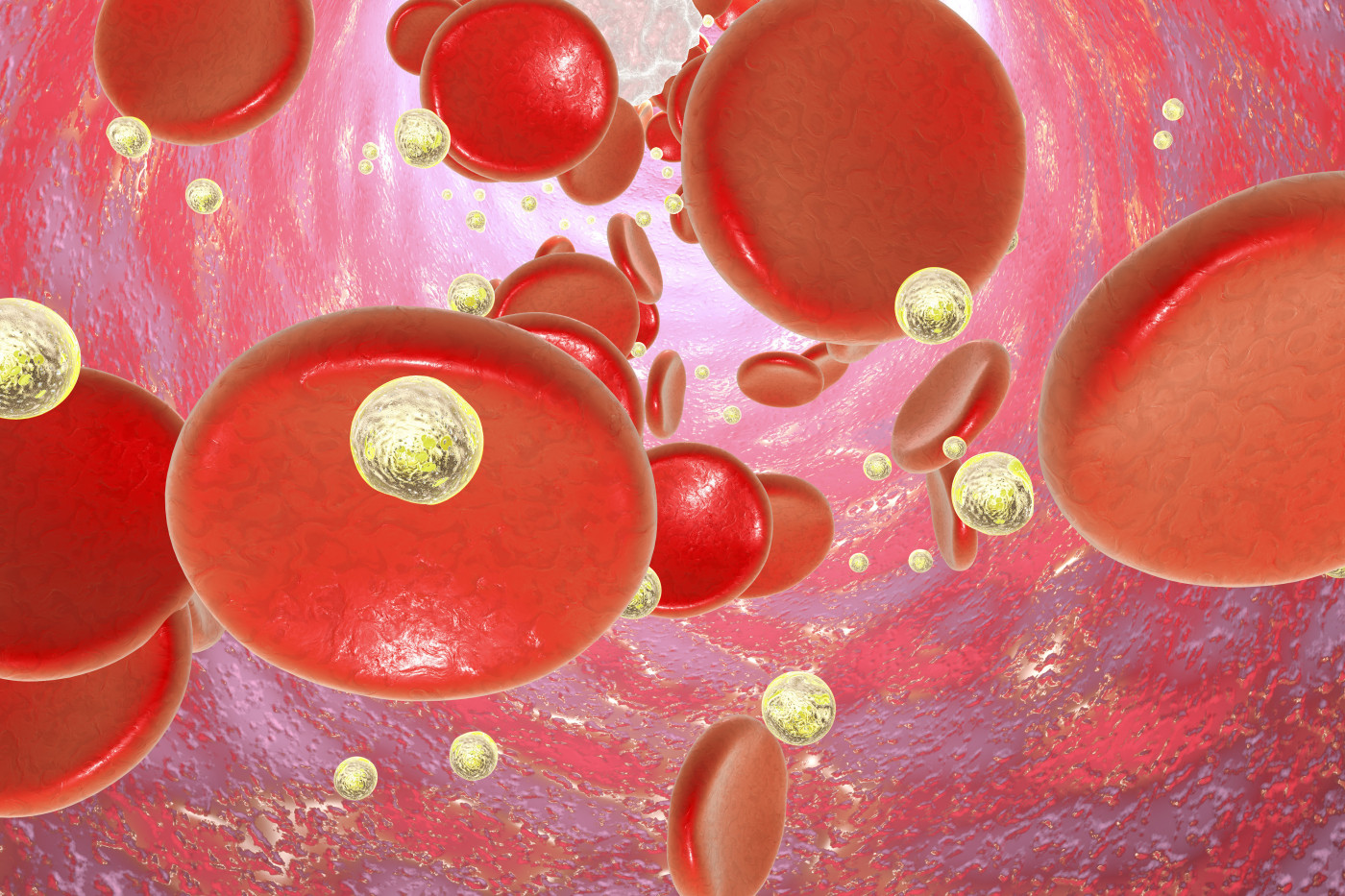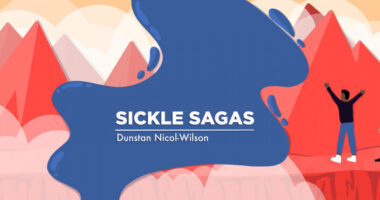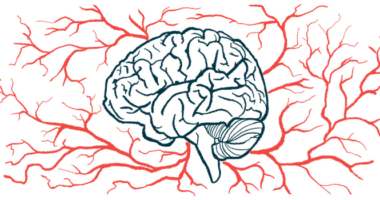Emmaus Unveils Co-payment Assistance Program for SCD Endari Patients

For eligible sickle cell disease (SCD) patients covered by commercial insurance, biopharmaceutical company Emmaus Life Sciences will offer financial assistance to those who need help covering their monthly Endari co-payments.
Emmaus is the developer of Endari (L-glutamine oral powder, and called Xyndari in Europe). In the United States, Endari was approved in 2017 as a treatment for SCD in patients 5 and older. It’s the first such approved sickle cell treatment in nearly 20 years, and aims to lower acute disease complications.
According to a press release, although a substantial number of SCD patients are covered by commercial insurance, some of them have problems affording co-payments.
“We are committed to removing barriers between patients and Endari — giving a greater number of patients access to our effective treatment for sickle cell disease,” said Mark Diamond, Emmaus’ vice president of commercialization.
The “Patient Financial Assistance Application” may be picked up at pharmacies participating in the Endari Pharmacy Network. It also is available through the Endari website. Patients may call (855) 723-5646, or e-mail [email protected] for more information.
Patients must pay a small monthly co-payment, but Emmaus will cover the balance, up to an annual cap.
”Helping patients gain access to Endari is consistent with our corporate mission of improving the lives of individuals affected by sickle cell disease,” said Emmaus founder and CEO Yutaka Niihara.
According to the Centers for Disease Control and Prevention (CDC), sickle cell disease occurs in roughly one in every 365 African-American births, and one in every 16,300 Hispanic-American births. About one in 13 African-American babies is born with the trait. The red blood cells of sickle cell patients can block small blood vessels, leading to inflammation, pain, and impairment of bones, muscles and joints.
Emmaus is engaged in the discovery, development and commercialization of new treatments and therapies largely for rare and orphan diseases.
In related news, a recent study suggests that children and adolescents with SCD do less physical activity and have a more sedentary lifestyle than healthy peers. The study, “Objectively measured physical activity levels and sedentary time in children with sickle cell anemia,” was published in PLOS ONE. Other studies have shown that physical activity may help SCD patients.






